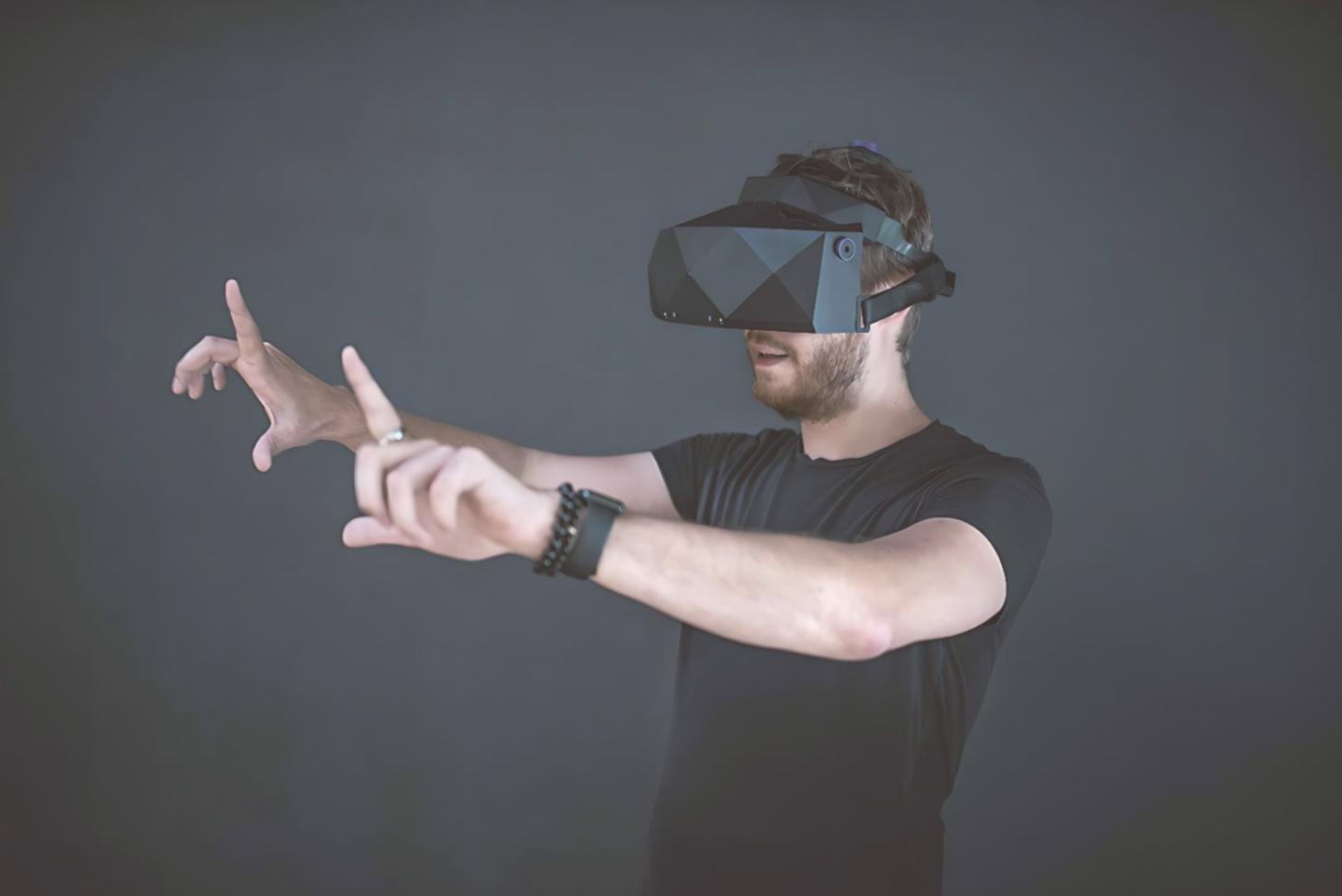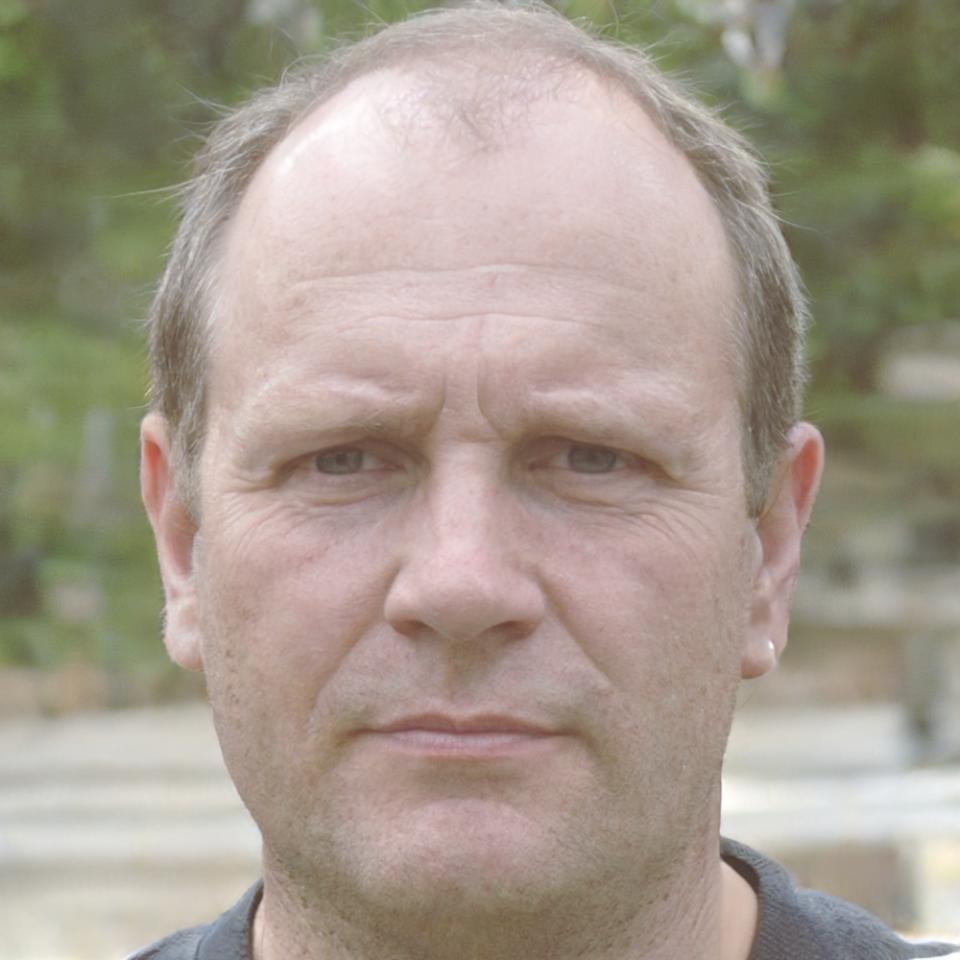From Hobby Projects to Professional AR/VR Education
We started Lernora Flow in 2019 because nobody was teaching AR/VR the way people actually learn it
Back in 2018, I was working with a small studio in Novi Sad. We kept hiring fresh developers who knew game engines but couldn't build anything functional in AR or VR. The disconnect was frustrating.
Most courses taught theory or single-feature tutorials. Students would finish knowing how to place a cube in virtual space but had no clue how to build an actual application someone would use. That gap bothered me.
So we built something different. Our approach focuses on complete projects from start to finish. Students work through real scenarios – building museum exhibits, training simulations, interactive product demonstrations. Things that exist in the real world and need to actually work.
We launched our first cohort in early 2020 with twelve students. By the end of that year, eight had portfolio pieces good enough to show employers. Three got hired within months of finishing.

What We've Built Since 2019
First Full-Stack AR Curriculum Completed
Launched comprehensive sixteen-week program covering Unity AR Foundation, Vuforia integration, and practical deployment workflows. Twelve students completed first cohort with portfolio projects.
Partnership with Belgrade Tech Hub
Established collaboration program allowing students access to VR testing equipment and studio space. Added Unreal Engine track based on industry demand from architectural visualization firms.
Expanded to WebXR Development Track
Added specialized path for browser-based AR experiences using Three.js and 8th Wall. Response from marketing agencies and e-commerce companies exceeded expectations.
Over 200 Students Completed Programs
Reached milestone with graduates working across Serbia, Croatia, and Slovenia in roles ranging from junior developers to specialized AR consultants. Added advanced spatial computing module.
Launched Mixed Reality Specialization
Introduced focused track for Quest 3 and Apple Vision Pro development in response to market shift toward passthrough experiences. Next cohort starting October 2025.
How We Actually Teach This Stuff
Most AR/VR education falls into two camps: pure theory that doesn't translate to work, or cookbook tutorials that leave gaps. We do neither.
Project-Based Learning
Every module centers on building complete applications. Students start week one creating functional AR experiences, not watching lectures about 3D coordinate systems.
Real Tool Chains
We teach with the same workflows studios use – version control, performance profiling, device testing protocols. Students learn to debug on actual hardware, not just in editors.
Small Cohort Structure
Maximum eighteen students per program. Instructors review every project individually and provide specific feedback on code quality, user experience decisions, and optimization choices.
Industry-Informed Content
Curriculum updates quarterly based on conversations with hiring managers and technical leads. When spatial audio becomes important, we add it. When a platform deprecates features, we adjust immediately.
Cross-Platform Focus
Students build for mobile AR, standalone VR headsets, and desktop applications within same program. Understanding how experiences translate across devices matters more than mastering one platform.
Portfolio Development
Final month dedicated to polishing portfolio projects with same standards expected in job applications. We critique presentations, code documentation, and deployment demonstrations.
Who Teaches Here

Vuk Petrović
Lead AR/VR Instructor
Vuk spent eight years building VR training simulations for manufacturing companies before joining us in 2021. He's particular about optimization – students quickly learn that hitting frame rate targets isn't optional.
He maintains the curriculum for our Unity and Unreal tracks, reviews every capstone project, and somehow finds time to rebuild course modules when game engines push major updates.
Before this, he worked with a Belgrade studio that specialized in industrial visualization. That background shows in how he approaches teaching – practical solutions matter more than elegant theory.
What Matters to Us
Honest Skill Assessment
We tell students where they actually stand. If someone's portfolio isn't ready yet, we say so and explain what needs work. Encouragement without honesty helps nobody.
Practical Over Theoretical
Understanding vector mathematics helps, but knowing how to implement raycasting in Unity matters more for getting work done. We teach theory when it directly solves problems students face.
Continuous Curriculum Updates
AR/VR tools change constantly. Our instructors rebuild modules between cohorts to reflect current platform capabilities, deprecated features, and emerging best practices from professional work.
Small Group Teaching
Everyone learns different aspects at different speeds. Keeping cohorts small lets instructors adjust pacing, spend extra time on confusing concepts, and provide meaningful code reviews.

